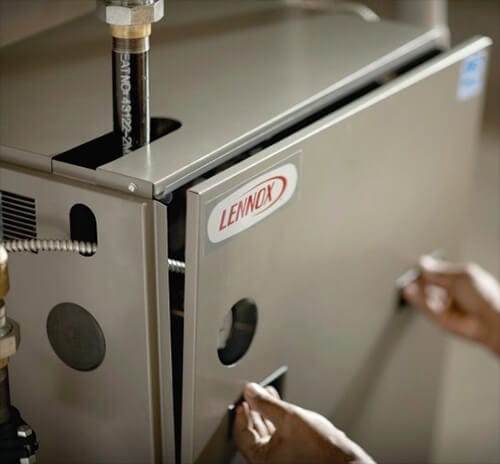
Is It Normal to Smell Gas Near a Furnace?
Although Los Angeles, CA, is known for its mild weather, there are some chilly winter nights. If you live outside the city, the microclimate can include downright frigid winter nighttime temperatures. You’ll need an efficient and safe furnace to keep your home warm. If you’re standing near your furnace and notice the distinctive odor of natural gas, you might be wondering if it’s normal and whether or not your safety is at risk. Here’s what you need to know about gas smells that come from your furnace.
Why Gas Smells
On its own, natural gas doesn’t have a smell. It’s also colorless and tasteless. Gas companies add a chemical called mercaptan to natural gas. Mercaptan is a foul-smelling additive. Your nose can detect it at a concentration as low as 10 parts per billion. Some people think it smells like rotted cabbage, garlic or eggs. Others think it smells like the spray of a skunk. All of these perceptions are accurate. It gets its smell from the sulfur that’s part of the compound. Garlic, onions, cabbage, eggs, and skunk spray also contain sulfur, which is why the odors are similar. Mercaptan is a natural substance, and it’s one of the many byproducts of human metabolism. Gas companies are required to add it to natural gas so that a gas leak can easily be detected.
Could the Smell Be From Something Else?
It is possible that the smell near your furnace could be something else, but it’s not likely. If you store food in the same room as your furnace, something may have gone bad. It’s also possible that a skunk has sprayed outside your home, and the odor is seeping in through an intake vent. However, it’s more likely that the smell is coming from your furnace.
When a Gas Smell Near the Furnace Is Normal
When the thermostat triggers a heating cycle, the gas supply valve releases gas into the combustion chamber. The ignition or pilot takes a fraction of a second to ignite the gas. You may smell the odor of natural gas at the start of the heating cycle because it takes the burner a couple of seconds to burn off the initial supply. The odor should go away within a few seconds. This is the normal operating procedure for a gas furnace. It’s nothing to be concerned about as long as the odor is faint, temporary, and localized to within a few feet of the furnace.
What If You Smell Gas Throughout the Heating Cycle?
It’s not normal to keep smelling the stench of mercaptan throughout the heating cycle. If you experience this, your furnace could have a problem with the ignition, burner, or combustion chamber. If your furnace isn’t burning fuel properly, this puts your health and well-being at risk. If you notice that the natural gas odor remains, even faintly, for the duration of the heating cycle, you should arrange a furnace inspection so that our technicians can determine whether there is a problem.
What If the Gas Smell Gets Stronger?
When a furnace is working properly, the initial odor of mercaptan in the natural gas should go away. If the smell gets stronger, this isn’t normal. A strong smell of gas is a cause for concern no matter when or where it happens. If you notice that the gas smell gets worse the closer you get to your furnace or as the heating cycle continues, get everyone out of your home. Once you’re safely out of the home, call for an emergency furnace repair.
What If the Gas Smell Spreads to Other Areas of My Home?
It’s also not normal for the smell of natural gas to spread throughout your home. Most homes have several gas-powered appliances. Your clothes dryer, water heater, oven, cooktop, and furnace may use natural gas. If you can smell the strong odor in multiple areas of your home, this situation requires prompt professional attention. Your home could have a gas leak, or there could be a serious malfunction of your furnace. If you initially smelled the gas by the furnace, and within a short amount of time you can smell it in another room, evacuate your home. Your furnace needs a thorough inspection, and the gas company may also need to come out and perform leak detection services.
What If I Smell Gas Outside My Home?
If you can smell gas inside and outside your home, this is an emergency. Your gas line could have a leak. Evacuate the area, then call for emergency repairs. There could be a problem where the gas line enters your home. If you smell the odor most strongly near your furnace’s flue, there could be an obstruction or blockage in it. It’s also possible that your furnace’s combustion chamber has a problem. Improper burning of fuel could cause some of the natural gas odor to linger and be released from the flue.
Other Signs of a Gas Leak
In addition to the tell-tale smell of mercaptan added to natural gas, there are a few other signs of a gas leak to know. Inside your home, you might hear a hissing sound. An active gas leak could cause a hissing sound to come from the gas pipe. You may notice performance problems with any of your gas-fired appliances. For example, the burner flames on your gas cooktop may flicker. Outside your home, the grass above the area where the gas line is buried may turn brown. Shrubs or flowers above the gas line may wither and turn brown. You might hear a gurgling or bubbling sound. If there was a recent rain, you might notice bubbles coming from a puddle.
Benefits of a Furnace Inspection
The best way to avoid any gas supply or performance problems with your furnace is to schedule an annual furnace tune-up. During a tune-up, our technicians check the supply valve, thermocouple, burner, heat exchanger, combustion chamber, and air seal. We also inspect the flue. We test the flame to make sure that the furnace is burning the natural gas properly. An annual furnace inspection identifies worn parts and other damage that could lead to a gas leak. Another action you can take is to install a carbon monoxide detector. They check for carbon monoxide, which can seep out of a malfunctioning furnace. The detector makes a loud sound when carbon monoxide levels are high. Once each week, check your furnace’s flame characteristics through the combustion chamber’s observation window. The flame should be blue and steady. If it flickers or it’s mostly yellow, this suggests that the furnace may be in need of professional attention.
JW Plumbing, Heating, and Air is the trusted provider of furnace repairs in Los Angeles. You can also count on us for air conditioning repair and heating and cooling maintenance and installation. Our plumbing services include leak detection, seismic shut-off valves, water heaters, drain cleaning, sump pumps, burst pipe repairs, and more. Our indoor air quality services and duct cleaning, repair, and replacement keep your home comfortable all year long. For more information about whether or not it is normal to smell gas near your furnace, get in touch with us at JW Plumbing, Heating, and Air today.

